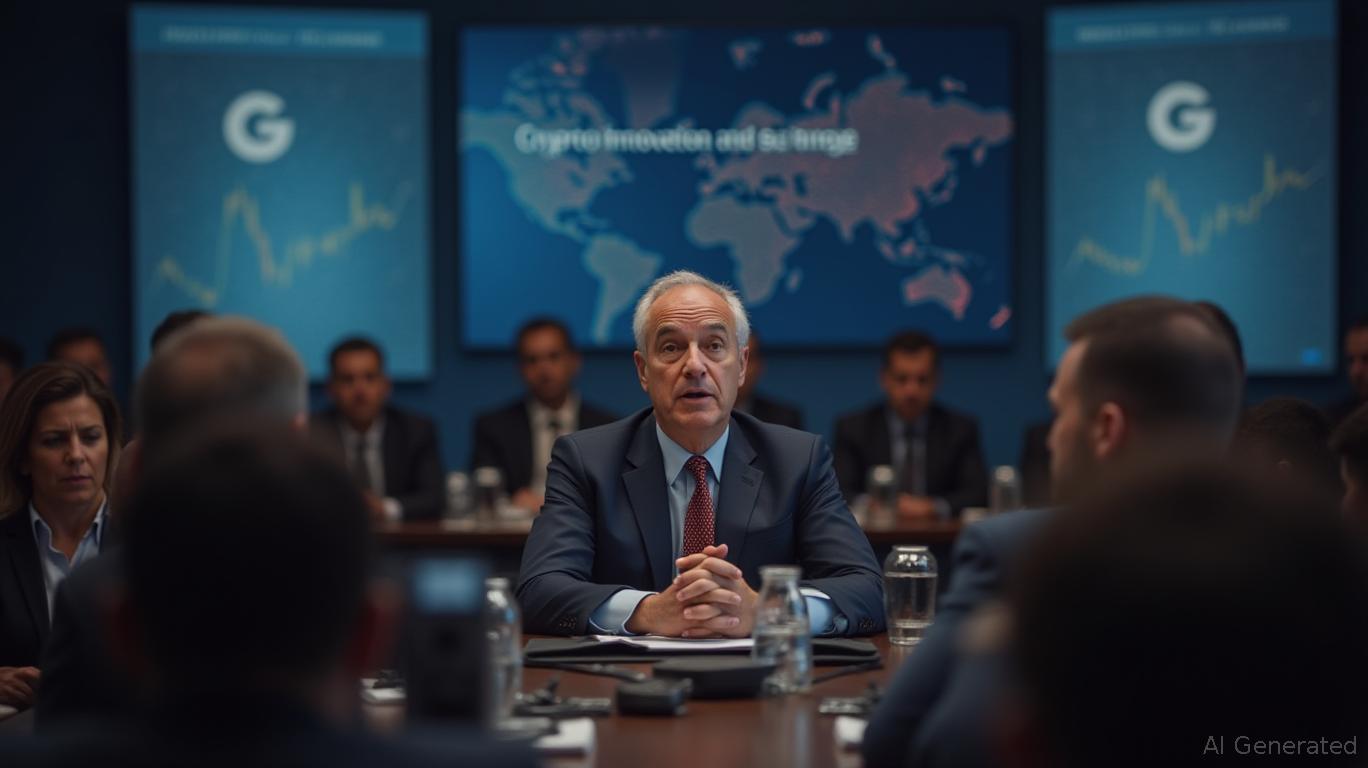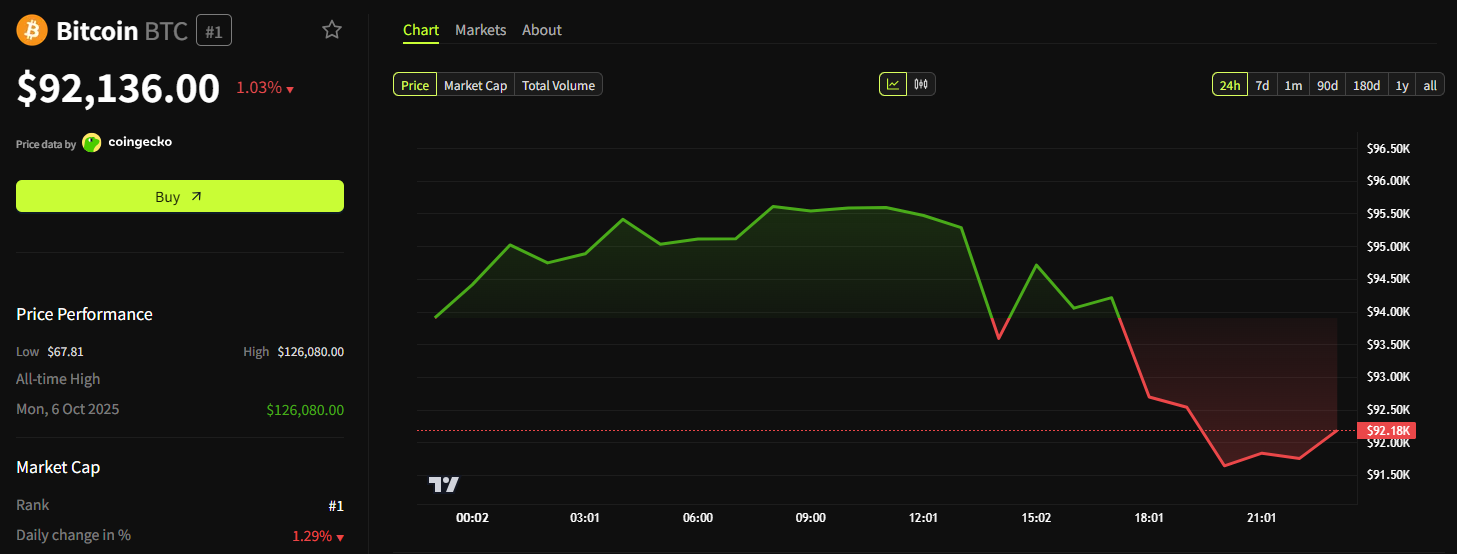Selig Faces CFTC Hurdles: Balancing Crypto Progress and Divided Regulations
- Trump appoints Michael Selig as CFTC chair to oversee crypto regulation amid industry growth. - Selig, former SEC crypto task force counsel, advocates for blockchain innovation and criticized SEC's strict enforcement. - DraftKings acquires CFTC-registered Railbird to expand into prediction markets, facing state regulatory scrutiny over sports bets. - Selig's leadership may shape federal crypto policy, balancing innovation with fragmented state regulations and consumer protection.
Trump Names Michael Selig as CFTC Chair Amid Crypto Sector Expansion
President Donald Trump has tapped Michael Selig, a well-known authority in crypto regulation, to lead the Commodity Futures Trading Commission (CFTC). This decision, part of a larger overhaul of digital asset oversight, places Selig—a former general counsel for the SEC’s crypto task force—at the helm of the agency that supervises derivatives and commodities markets, including those involving cryptocurrencies, according to a

This leadership change comes as the prediction market and crypto derivatives sectors gain momentum.
Under Selig’s guidance, the CFTC may shape how these new markets evolve. His previous support for blockchain-driven capital markets, including collaboration with SEC Chair Paul Atkins on the “Project Crypto” deregulation effort, points to a possible alignment with industry expansion, as noted by BitcoinSistemi. Still, the CFTC’s jurisdiction over prediction markets is a contentious issue. State officials, such as those in Ohio and Nevada, have cautioned that sports event contracts could be classified as illegal gambling, which may result in enforcement against operators, according to
The prediction market industry is expanding rapidly, with Kalshi and Polymarket posting record trading activity. DraftKings’ acquisition of Railbird mirrors similar moves by competitors, such as FanDuel’s alliance with CME Group and Underdog’s partnership with Crypto.com, as reported by an
Selig’s appointment arrives as the crypto sector seeks clearer regulatory direction amid a patchwork of rules. His background at both the SEC and CFTC, along with his public opposition to excessive enforcement, could encourage a more innovation-friendly climate for derivatives and digital assets. Nevertheless, significant hurdles remain, especially in harmonizing federal and state regulatory approaches to prediction markets and crypto trading. The CFTC’s challenge under Selig will be to strike a balance between fostering innovation and ensuring consumer protection, particularly as firms like DraftKings and Kalshi continue to test regulatory limits, as reported by Bloomberg and referenced by Legal Sports Report.
Disclaimer: The content of this article solely reflects the author's opinion and does not represent the platform in any capacity. This article is not intended to serve as a reference for making investment decisions.
You may also like
Cardano Pushes RealFi to the World: Hoskinson Says It Will Change Finance Forever
Quick Take Summary is AI generated, newsroom reviewed. RealFi connects blockchain to real-world finance and targets the unbanked in Africa and beyond. Atala PRISM gives users digital identity and verifiable credit without banks. Cardano already tested RealFi tools in Kenya, Ethiopia, and Tanzania with 2% loan default rates. All microloan returns convert into ADA, creating constant buy demand for the token.References X Post Reference
Vitalik Buterin's Latest Advances in ZK Technology and Their Impact on the Crypto Ecosystem
- Vitalik Buterin's ZK advancements resolve Ethereum's scalability-privacy trilemma, enabling 43,000 TPS with near-zero fees via GKR protocol. - Kohaku framework introduces modular privacy tools like Railgun, making confidential transactions default for Ethereum wallets. - ZK rollups (zkSync, StarkNet) now hold $3.5B TVL, driven by institutional adoption for RWA tokenization and confidential settlements. - Regulatory clarity and Ethereum's zkEVM integration position ZK as core infrastructure, with 70% lowe

ZK Atlas Enhancement: Driving Blockchain Expansion and Enterprise Integration
- ZK Atlas Upgrade (2025) boosts blockchain scalability with 30,000 TPS and 70% lower gas costs via Airbender proof system. - Modular ZKsync OS reduces Ethereum fees by 90%, enabling $3.5B TVL growth in ZK rollups for DeFi and RWA tokenization. - U.S. GENIUS Act and EU MiCA regulation legitimize ZK privacy tech, attracting $15B in Bitcoin ETF investments for institutional adoption. - Despite regulatory scrutiny and interoperability challenges, ZK Atlas positions as foundational infrastructure for high-thro

Crypto Bloodbath: Bitcoin Loses $92K: Ethereum Slips $3K — Worst Drop in Months
